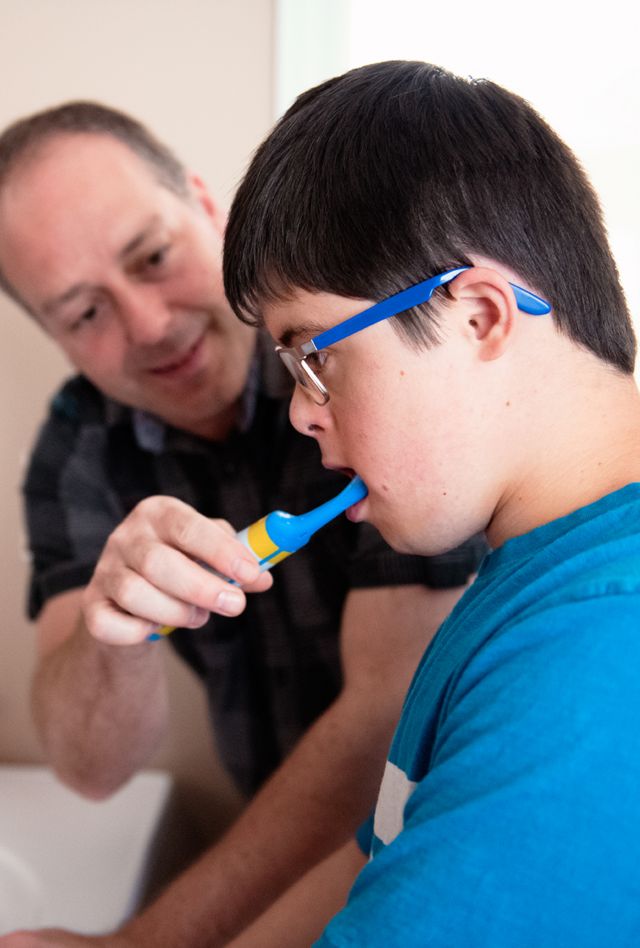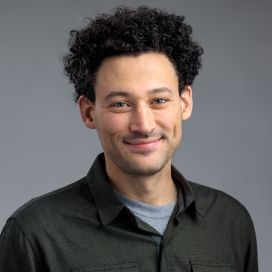Oral Health Among Children with Special Health Care Needs

Problem
Oral health problems are common among children with special health care needs.
Oral health is essential to children’s overall well-being. Poor oral health is associated with physical health problems, negative impacts on school attendance and academic performance, and poorer mental health. Children with special health care needs (CSHCN)—a medically vulnerable subgroup representing nearly 20 percent of children aged 18 years and younger—face barriers to accessing high-quality dental care and experience greater unmet dental care needs and oral health problems than children without special health care needs.
Oral health among CSHCN has, until now, received little attention in the research literature and with policymakers. The Lucile Packard Foundation for Children’s Health has funded a study to better understand the oral health needs and dental care experiences of CSHCN and children with complex medical conditions, and to compare these experiences to those of children without special health care needs.
Solution
NORC is conducting a comprehensive, national study of the oral health and dental care experiences of children with special health care needs.
NORC secured a grant from the Lucile Packard Foundation for Children’s Health to study the oral health needs and dental care experiences of CSHCN and children with complex medical conditions, and to compare these experiences to those of children without special health care needs. Our mixed-methods approach comprises three primary research activities:
- A quantitative analysis of oral health status and dental care use and access. First, we are conducting an analysis of dental care access and utilization and oral health status among children with and without special health care needs using data from the National Survey of Children’s Health. As part of the quantitative analysis, we are also spotlighting the unique experiences of key subgroups, including children with medical complexity and children with intellectual and developmental disabilities.
- Focus groups with parents. We are conducting focus groups with parents of children with special health care needs from around the country to better understand the nuances and complexities that families face in navigating the dental care system and caring for their children’s oral health at home. Two of these focus groups will be conducted with mono-lingual Spanish-speaking parents to learn about the particular experiences of families who may face language barriers.
- An expert panel. In the final stage of the project, we will convene a virtual panel of experts to solicit insights and identify potential policy solutions, including child health and dental care researchers, clinicians, policy and public health officials, advocates, and parents of children with special health care needs.
Result
Our findings will inform strategies to support the oral health needs of children with special health care needs and disabilities.
This foundational project will produce data briefs and reports summarizing the perspectives of parents from the focus groups and the insights from the expert panel participants. Our synthesis and dissemination of the project’s findings will offer in-depth, rigorous evidence of the status of oral health and dental care among CSHCN in the United States, highlighting key challenges that these children face, and will underscore opportunities for intervention at the policy and health systems levels.
Principal Investigator
Related Tags
Project Leads
-
Robbie Dembo
Senior Research ScientistPrincipal Investigator -
Kate Honsberger
DirectorProject Director -
Barbara Fernandez
Associate DirectorProject Advisor
Other Project Leads
Julie Kotz
Research Associate











